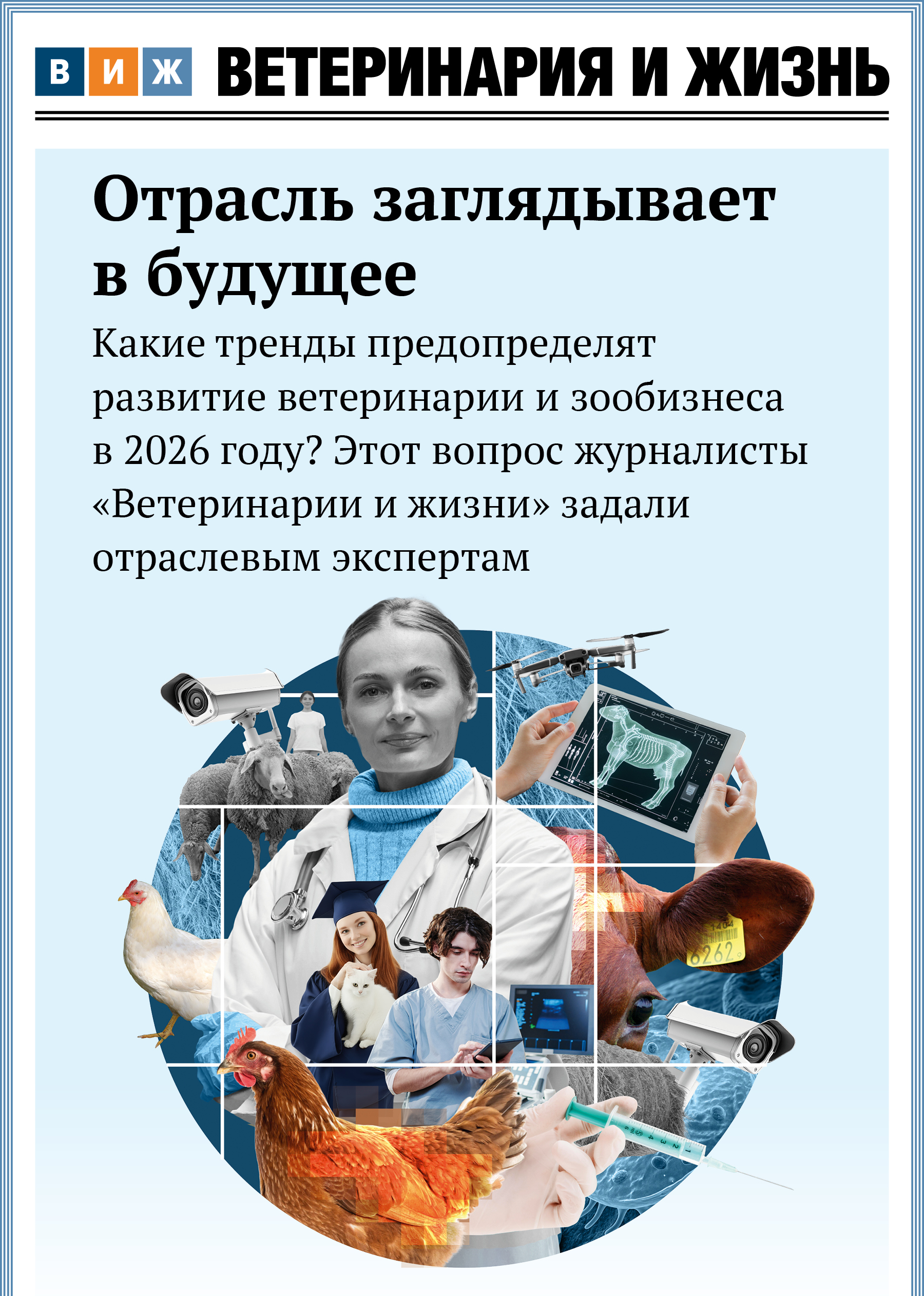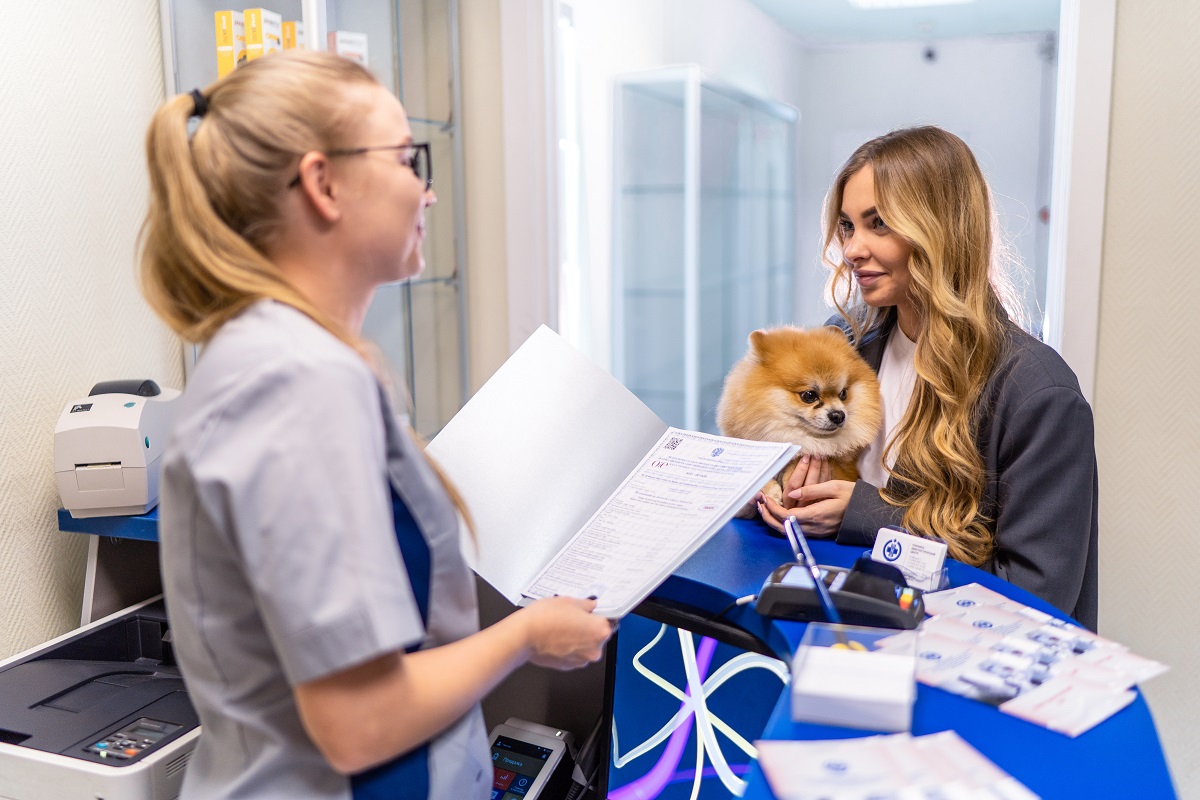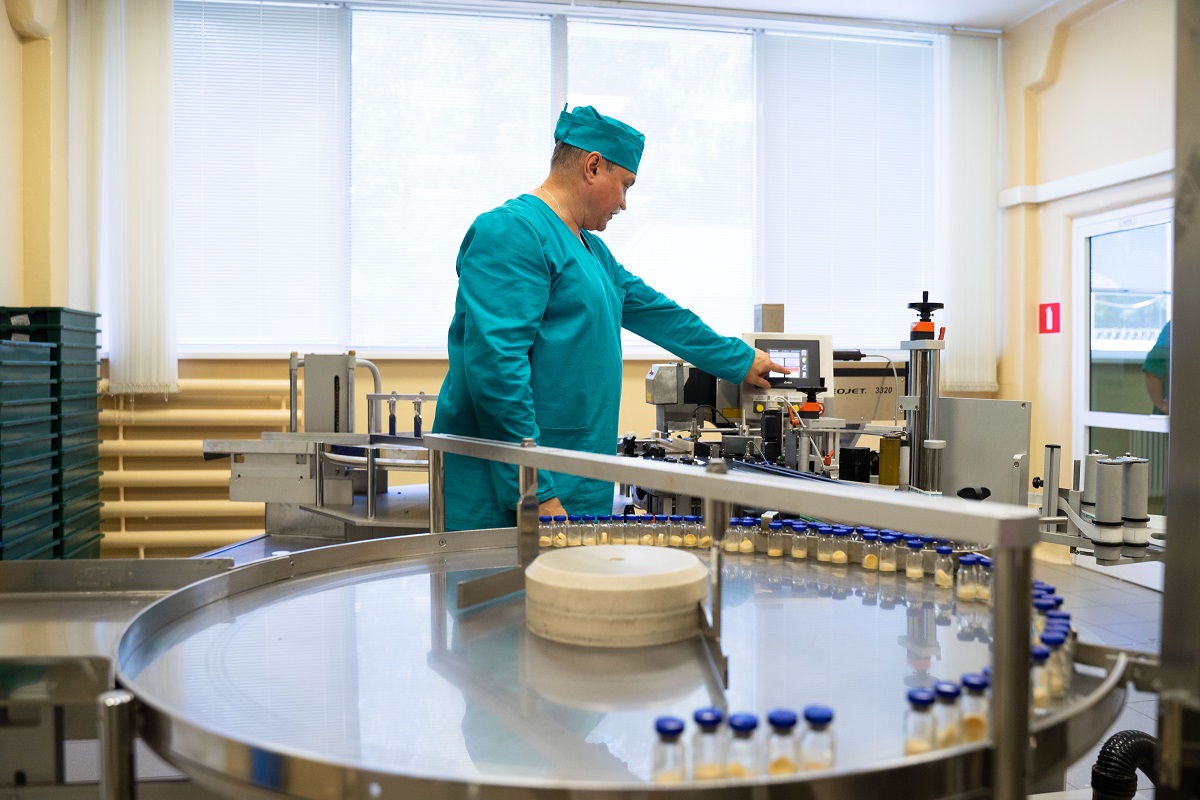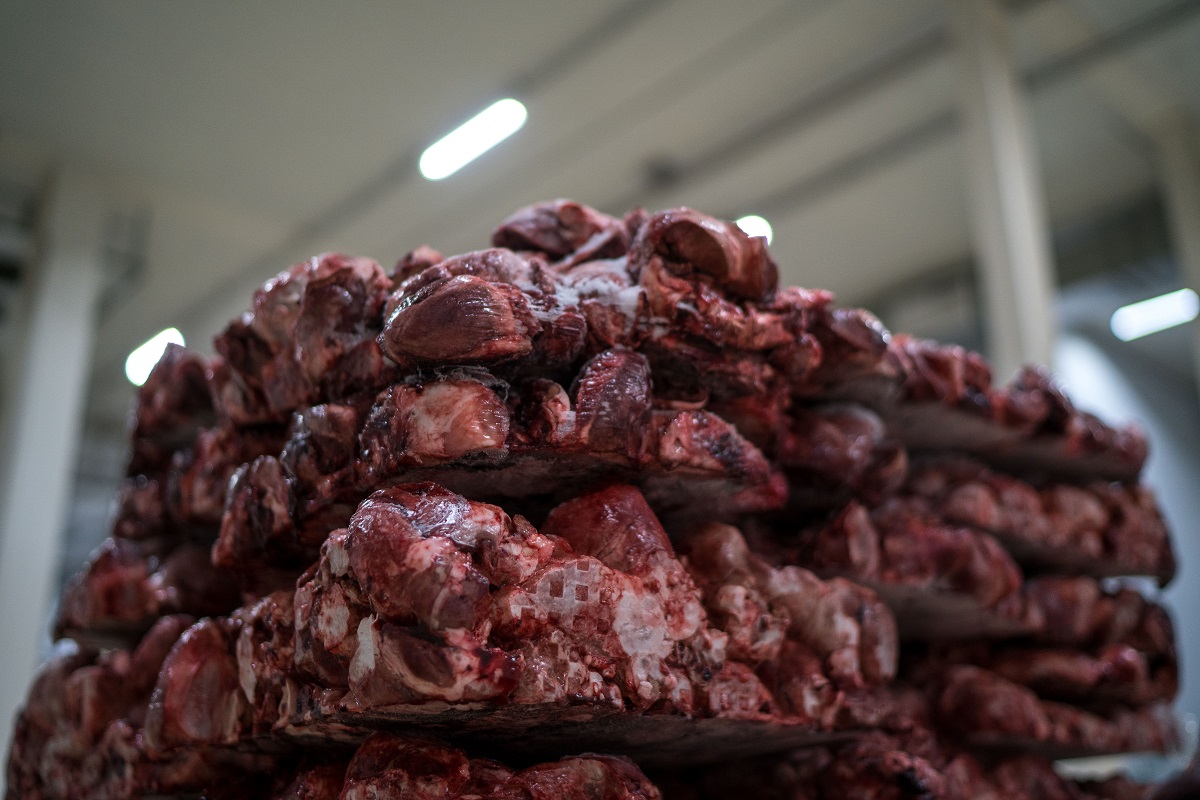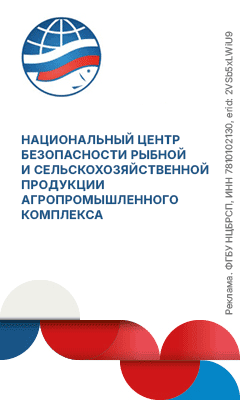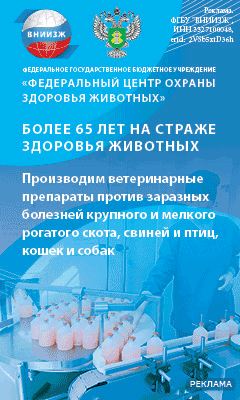Budimir Plavšić, Doctor of Veterinary Medicine, Regional Representative of the World Organization for Animal Health (OIE) for Europe in Moscow:
Antimicrobials include antibiotic, antiviral, antifungal and antiprotozoal agents, which are critical tools for treating diseases in humans, animals and plants. But these drugs become ineffective due to resistance of the pathogens to available antibiotics. Antimicrobial resistance (AMR or resistance to antimicrobial medicines) is a global crisis that threatens a century of progress in health and achievement of the Sustainable Development Goals. Alarming levels of resistance have been reported in countries of all income levels, with the result that common diseases are becoming untreatable, and lifesaving medical procedures riskier to perform.
Over the past two decades, the World Organization for Animal Health (OIE) has been developing programs and tools to address AMR through One Health approach. The OIE is the intergovernmental organization which develops and publishes international health standards for animals and veterinary medicine. These standards have been adopted by OIE’s 182 Member Countries and are regularly reviewed and updated, in line with the latest scientific findings.
The OIE Strategy on Antimicrobial Resistance and the Prudent Use of Antimicrobials is the key reference document in the field of veterinary medicine.
Monitoring and surveillance is particularly important to track the use of antimicrobials that can be used to assess risks and impacts related to antimicrobial resistance. The OIE has developed international standards and guidelines for monitoring of the quantities and usage patterns of antimicrobial agents in animals, and harmonization of national antimicrobial resistance surveillance and monitoring programs for animals.
In the framework of the Global Action Plan on Antimicrobial Resistance, the OIE, supported by FAO and WHO within the tripartite collaboration, has taken the lead to build a global database on antimicrobial agents intended for use in animals. In addition, the OIE will collect data on the global consumption of antimicrobial medicines. This information will be useful for the national veterinary authorities.
According to the recent report of the OIE, the use of antimicrobial medicines in animals has decreased in a number of countries over recent years. The OIE strategy and the national control programs have brought tangible results. More positive news can be seen if some countries accelerate their progress to make investments in sustained, joined-up international action to address AMR despite challenging situation in some countries.
However, the primary focus should be given to develop novel solutions by investing in research to find alternatives to antibiotics, biosecurity and vaccines in order to strengthen accountability and national, regional and global governance.
I know from personal experience since 2019 that the situation in Russia is very positive. Together with our international and national partners, including Rosselkhoznadzor, the World Health Organization (WHO), the Food and Agriculture Organization of the United Nations (FAO) and the UN Environment Program (UNEP) and with the support of the Federation Council of the Federal Assembly of the Russian Federation, we celebrate the World Antimicrobial Awareness Week every November. This is the best example of how the country shows greatest commitment to tackle AMR, and I am very proud of our success in this area.


